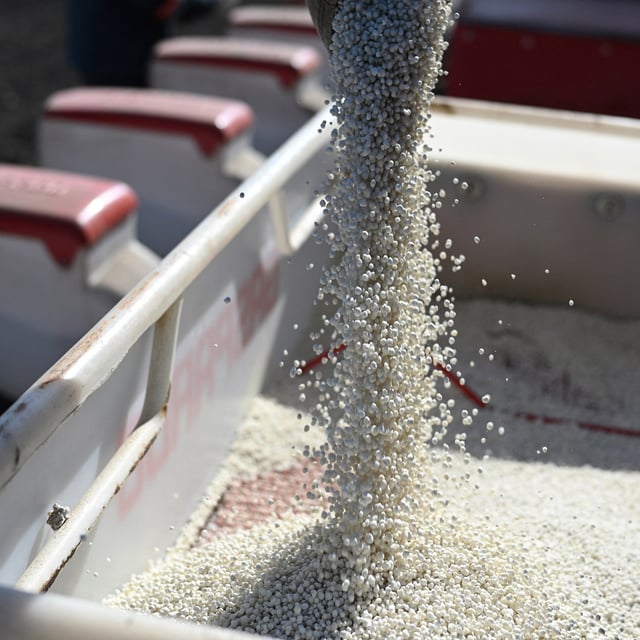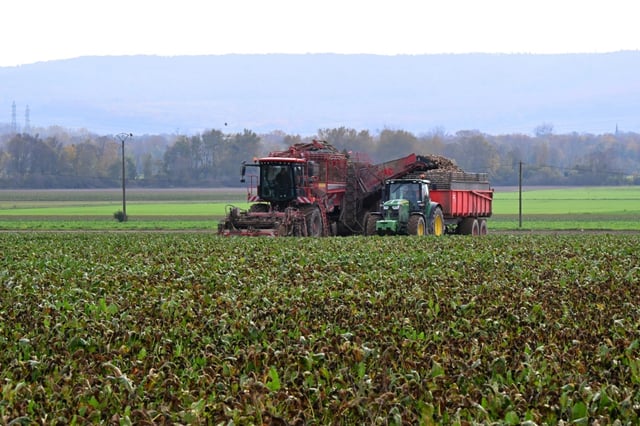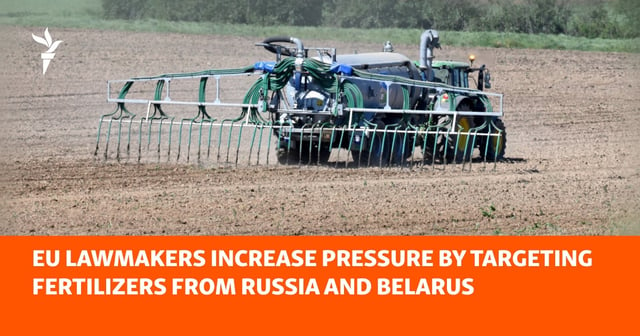Overview
- The European Parliament voted 411 to 100 to approve tariffs on Russian and Belarusian fertilizer imports, starting at 6.5% in July 2025 and increasing to effectively halt imports by 2028.
- The move is part of the EU's strategy to cut financial support for Russia's war in Ukraine and reduce dependency on Russian gas-based fertilizers.
- Farmers' groups, including Copa-Cogeca, warn the tariffs could significantly raise production costs, potentially devastating the agricultural sector.
- To mitigate price shocks, the EU plans to increase domestic fertilizer production and may exempt imports from alternative suppliers like North Africa and the United States.
- Russian fertilizers accounted for 25% of the EU's nitrogen-based fertilizer imports in 2023, valued at €1.3 billion, due to competitive pricing and established logistics.


